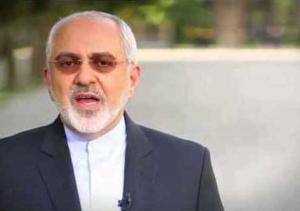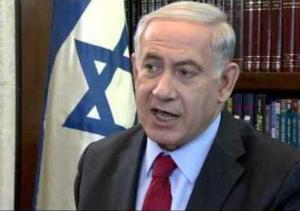Israel says Iran nuclear deal unlikely by July 20 deadline
By Dan Williams and Fredrik Dahl
JERUSALEM/VIENNA (Reuters) - Israel does not expect world powers to reach a nuclear agreement with Iran by a late July deadline, a government minister said on Friday, accusing Tehran of maintaining a "hard line" at talks under way in Vienna.
Strategic Affairs Minister Yuval Steinitz spoke on the second day of what could be the final round of talks aimed at ending a decade-old international dispute over Iran's nuclear program that Israel sees as a threat to its existence.
Asked whether he believed there would be a deal in less than three weeks, Steinitz told Reuters in Jerusalem: "My estimate is that there will not be. I think the Iranians came with a very hard line."
"The Iranians came without willingness to compromise but with a desire to exploit this stage to soften and improve the opening positions of the other side," he said.
Steinitz led a high-level Israeli delegation to Washington on Monday, meeting U.S. negotiators Deputy Secretary of State Bill Burns and Under Secretary of State Wendy Sherman.
Israel has repeatedly made clear its scepticism about the diplomatic push to reach an accord that would see Tehran scale back its nuclear program in exchange for sanctions relief.
It has in the past threatened to attack Iranian nuclear sites. Iran denies it is seeking weapons capability and says Israel's presumed nuclear arms are the real threat to peace.
Steinitz said his visit to Washington showed how important the matter was for Israel, "more even than the serious terrorism from Gaza and the murder of the youths and the problems on the northern border with Lebanon and Syria."
Citing Western diplomats, Reuters reported on Thursday that Iran had reduced demands for the size of its future enrichment program, although Western governments are urging the Islamic Republic to compromise further.
Steinitz reiterated Israel's position that Iran should dismantle its entire program to enrich uranium. Not insisting on this "is already a kind of a concession by the West, or by the powers, (that) we think is wrong," he said.
Asked what Israel would do if there was an agreement that it did not see as satisfactory, Steinitz said: "We are keeping all options open. We will have to see what the deal is, to what extent it is good, to what extent it is bad, if it meets the minimum demands or not."
An extension of the talks beyond July 20 is possible, but delay might further complicate an already difficult task.
At the talks in Vienna on Friday, the sides held a series of meetings, including bilateral talks between Burns and Iranian Deputy Foreign Minister Abbas Araqchi.
European Union deputy chief negotiator Helga Schmid later began a drafting meeting with Araqchi "following morning of intensive contacts", an EU spokesman said.



